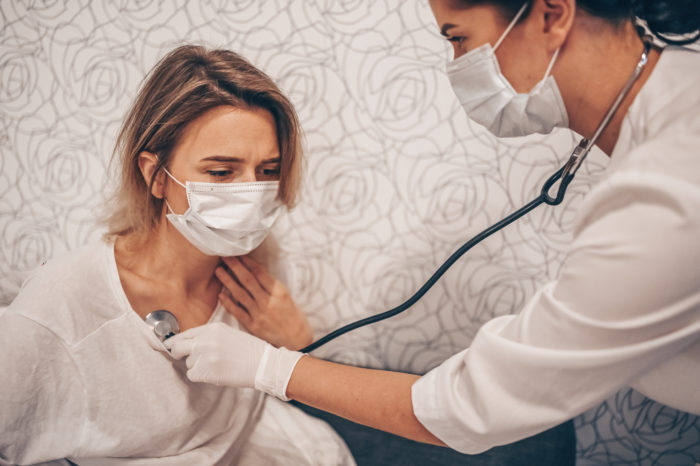What the COVID-19 Stimulus Package Offers Patients & Providers
April 1, 2020
Newly signed into law, the Coronavirus Aid, Relief, and Economic Security (CARES) Act is a $2 trillion aid package aimed at shoring up America’s health care system and providing relief to those harmed by the ongoing COVID-19 pandemic.

Most people know the aid package includes payments for individuals and loans for the hardest-hit industries. It also earmarks emergency response money for states and municipalities. But what does it provide for patients and health care providers? The short answer: A lot.
Here’s a closer look at some of the provisions impacting health care:
- Hospitals and Health Care Providers: Those on the front lines of care have access to a $100 billion fund to cover costs related to personal protective equipment, testing supplies, new infrastructure to house COVID-19 patients and the workforce to treat them.
- Testing and Vaccines: Health insurers will have to cover the cost of all coronavirus testing, vaccines and related visits – without cost sharing for patients.
- Telehealth: Expanded authority for health care providers to treat using telehealth and $200 million to help eligible health care providers purchase telecommunications, broadband connectivity and telehealth service devices.
- Medicare Payments: Hospitals can receive a 20% increase in their Medicare payment for treating COVID-19 patients.
- Medicare Sequestration: The scheduled 2% Medicare payment cut to hospitals and doctors is suspended from May 1 through December 31. This will keep $15.3 billion in payments flowing to hospitals and providers during turbulent times.
- Community Health Centers: An additional $1.32 billion will be provided to community health centers to prevent and treat patients with COVID-19.
- Health Education: More than $437 million is dedicated to health care workforce training, including in the fields of geriatrics, primary care and nursing. The current response has shown these are areas of critical need and this investment will expand the system’s workforce moving forward.
- Hand Sanitizer: Distilleries who transitioned from producing their normal spirits to hand sanitizer will get an excise tax break.
One missing item sought by patient advocates, however, was a remedy to prevent surprise medical billing, which occurs when patients receive bills from health care providers or hospitals that were, unbeknown to them, out of network. These unexpected bills are devastating, particularly to COVID-19 patients, and should be addressed in a future legislative effort.
Most importantly, the aid package will help provide much-needed relief to an already-stained health care system. It will also support access for both patients with the coronavirus and those who live with unrelated chronic conditions, but still need care during the pandemic.
Categorized in: Blog

